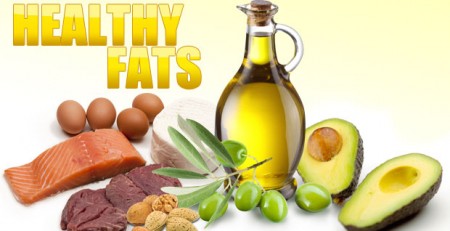Can I Eat A Whole Egg?
The Dilemma Faced By Many people!
An egg contains six grams of the best quality proteins with all the essential amino acids.
An egg also contains 6 grams of fat, of which 1.5 grams are saturated fats. It also contains about 210 mg of cholesterol.
The protein content is almost evenly divided between the white and the yellow (yolk) of the egg, just a bit over 3 grams in the white and just under 3 grams in the yolk. The major part of the good nutrition as well as the entire fat and cholesterol are housed in the yolk.
Thus if you eat only the egg white, you get just over 3 grams of excellent proteins with only 12 calories and don’t have to worry about fats or cholesterol. Unfortunately, you miss out on most of the other excellent nutrition housed in the whole egg.
Plus the egg white is rather high in sodium. This could give you elevated blood pressure if you consume too many egg whites.
Eggs are one of the very few foods that contain naturally occurring vitamin D. Thus they help build healthy bones, teeth and help prevent osteoporosis.
Eggs are also beneficial to the health of the eyes. The carotenoid content of the eggs, specifically lutein and zeaxanthin may prevent cataract and macular degeneration, an eye disease that leads to loss of central vision.
Eggs are a good source of choline. Choline is an important nutrient that helps regulate the brain, nervous system, and cardiovascular system.
New research shows that, contrary to previous belief, moderate consumption of eggs does not have a negative impact on cholesterol. Research suggests that it is saturated fat that raises cholesterol rather than dietary cholesterol.
According to a study by the Harvard School of Public Health, there is no significant link between egg consumption and heart disease.
One study suggests that regular consumption of eggs may help prevent blood clots, stroke,and heart attacks. Another study suggests that women who consumed at least 6 eggs per week lowered their risk of breast cancer by 44%.
Eggs also promote healthy hair and nails because of their high sulphur content and wide array of vitamins and minerals.
Thus it is clear that eggs are highly nutritious. But an egg still provides two third of the safe upper limit of the daily recommendation of cholesterol for a healthy person, viz. 300 mg, while a person with high cholesterol or bad lipid profile shouldn’t cross 200 mg.
Dr. Thomas Behrenbeck, a Mayo Clinic cardiologist, advises that a healthy person should not cross 4 whole eggs a week.
A person with high cholesterol or bad lipid profile should follow his doctor’s advice.
Even a healthy person should avoid eating other high cholesterol and high saturated fat food and fatty deserts the same day.
Newer research thus tends to exonerates the egg from the demon of heart disease, but prudence must still be exercised while eating whole eggs.
It would be a good idea to keep an eye on your lipid profile every six months if you eat whole eggs regularly.
For more information about fats and cholesterol, read the article ‘Basics Of Nutrition‘ on this site.

















Leave a Reply